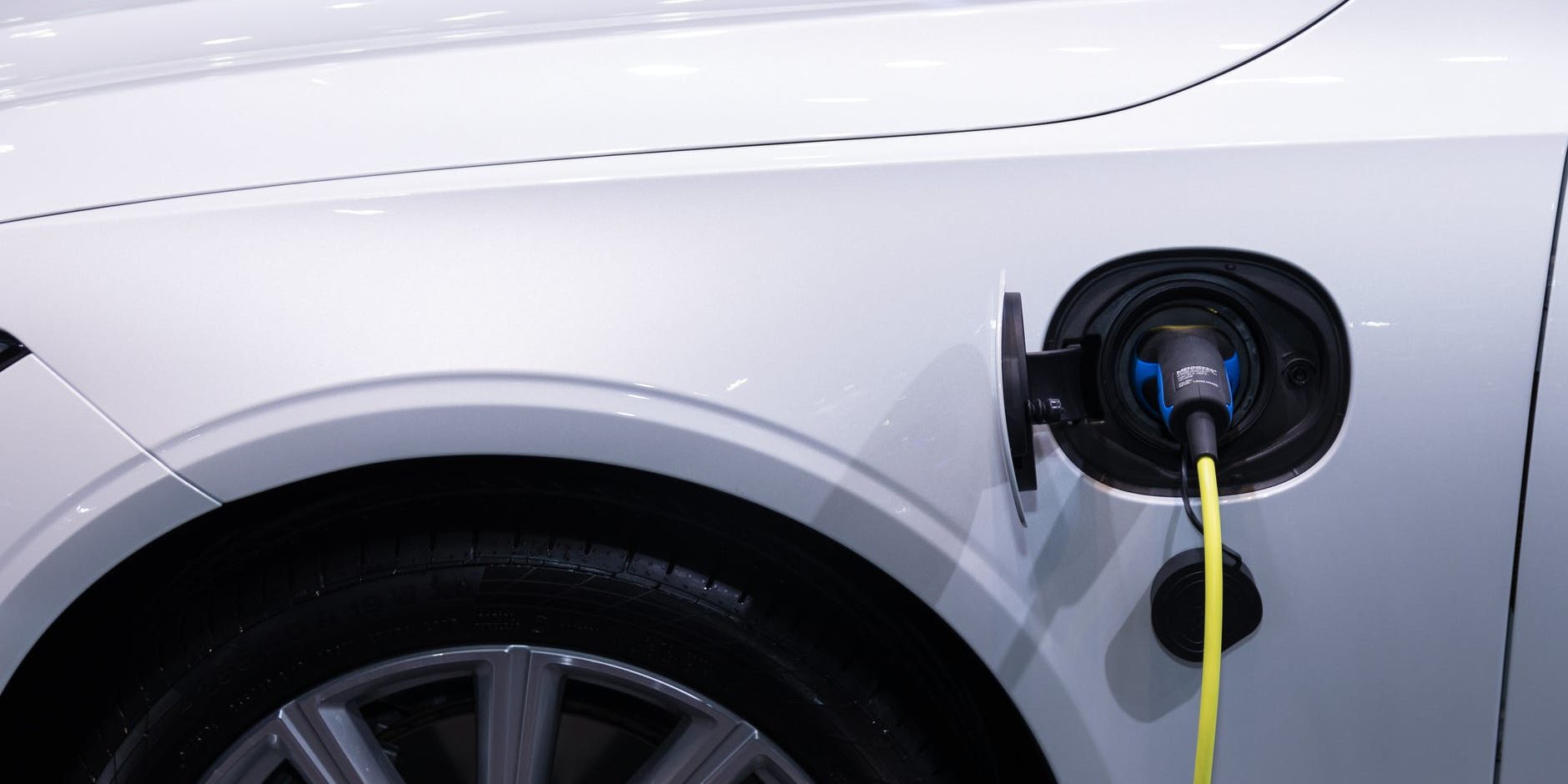Sub-Saharan Africa is falling behind as the developing world focuses on electrification of transportation. Climate change is having an increasing effect on the area, with devastating floods and a desert locust invasion in the last year. However, there are additional issues with vehicle adoption, such as the need for a reliable power supply at reasonable energy rates. In most nations, this is still unavailable. There is, however, reason to be optimistic. Renewable energy currently meets more than 93 percent of Kenya’s electricity demand, and the country has received funding to electrify its new rail system.
Driving in Nairobi’s streets is a once-in-a-lifetime experience. Your first visit to Nairobi the largest cities in East Africa, hawker-filled streets would be unlike any other. The cacophony of horns will perplex you, the smoke billowing from bus exhaust pipes will startle you, and trucks tilting over as they pass will likely frighten you. It can also be thrilling, like being in a high-definition video game.
Transportation has a significant effect on one’s quality of life; under normal circumstances, we expend a significant amount of time and energy traveling about. The pandemic provides an opportunity to consider the future of transportation globally, but particularly in Africa.

The adoption of electric vehicles as a fossil-fuel-free alternative is critical for combating climate change, but it is not without its challenges. According to a study conducted by Castrol in eight of the world’s largest electric vehicle markets, 63% of customers believe the choices are out of their price range, while the majority will consider purchasing one by 2024. Range and charging facilities are two other roadblocks. This is being addressed by the introduction of ultrafast chargers and batteries, and several countries are investing in public charging infrastructure.
Africa has the ability to have an excellent transportation experience, with improved air quality and less traffic congestion while preserving the essence of the most populous cities’ street culture. Alternative modes of transportation will help to make this vision a reality and combat the region’s worsening climate change effects.
Cleantech is part of Africa’s next wave of new sectors, according to an EY study on foreign direct investment. In at least ten African countries, the UN Global Fuel Efficiency Initiative is working to establish baselines for fuel economy and policy development for powerful light-duty vehicles, including electric vehicles.
In the next decade, significant investments in Sub-Saharan Africa’s power capacity are planned. To take advantage of this, the area should be included in international electric vehicle study, with feasibility studies and policy review.



